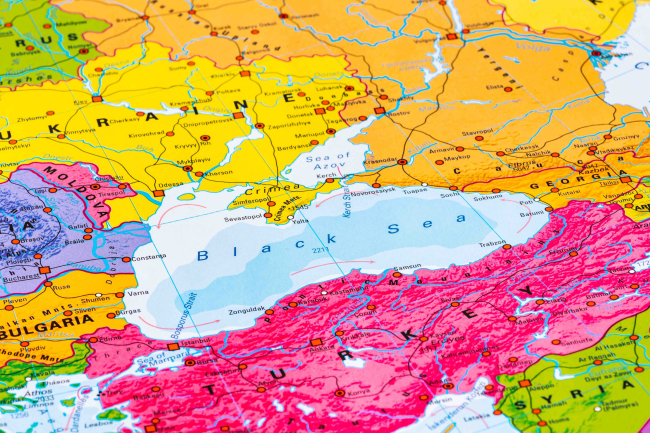After TICAD 8 - COVID, war in Ukraine and the cooperation with Africa: Views from Japan and France

Practical information
The TICAD 8 – the 8th edition of the Japan-Africa Summit – was held on 27-28 August 2022 in Tunis.

Since the latest iteration of the summit in 2019, two major international crises took place: the pandemic of COVID 19 and the war in Ukraine. These developments already led to several geopolitical turning-points. The African continent has also been impacted in various ways, and the coming food catastrophe will be an important challenge to face.
How the pandemic and the war in Ukraine are impacting the cooperation with Africa? Japanese and French experts and practitioners will offer their perspectives and will discuss opportunities to expand the bilateral cooperation on the African continent.
PROGRAMME
Chair and discussion leader: Céline PAJON, Head of Japan Research, French Institute of International Relations (Ifri)
- Mika INOUE-HANZAWA, Professor, Toyo Gakuen University and currently Academic Visitor, University of Oxford
- Etienne GIROS, Président, CIAN - Conseil français des investisseurs en Afrique
- Sayoko UESU, Senior researcher, National Graduate Institute for Policy Studies (GRIPS)
- Christine HOLZBAUER, International Reporter, Financial Afrik
Related Subjects
Other events

Foreign Intelligence Services Amidst the War in Ukraine: Adapting to a New Strategic Reality
European foreign intelligence services have had to continuously adapt to the rapidly evolving security landscape of the past few years. Following challenges such as the COVID-19 pandemic, financial crises, and hybrid threats, the Russian war of aggression against Ukraine has placed conventional military conflict at the centre of European security concerns.

Affirming European Security in Ukraine and the Black Sea Region
European security has been challenged in 2022 with the full-fledged invasion of Ukraine by the Russian Federation.

Doing Politics in African Cities: Actors, Causes and Forms of Urban Social Mobilization
From Maputo to Nairobi and from Lagos to Dakar: recently, African cities have been the theatre of mobilizations by groups of young protesters.







